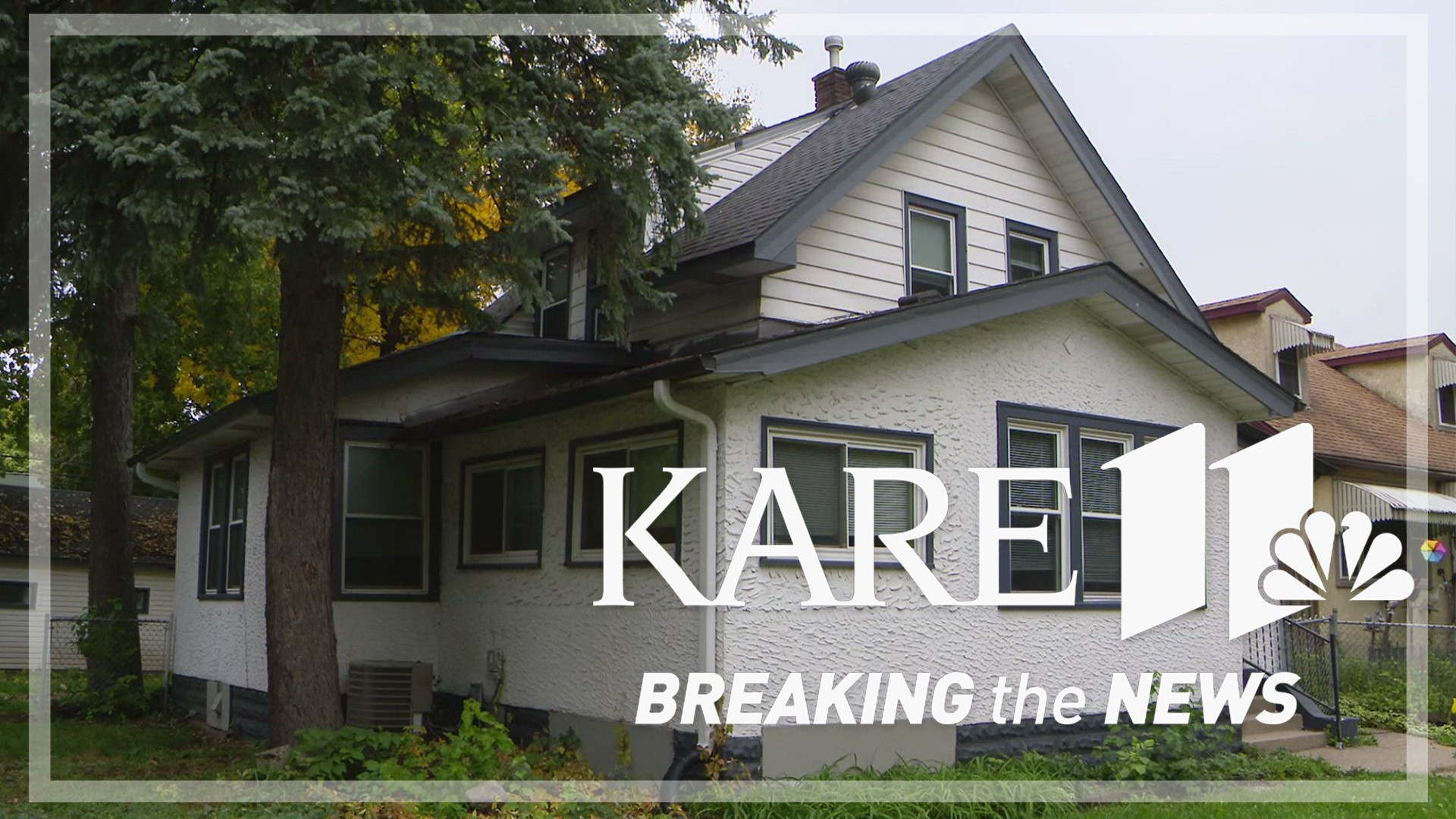MINNEAPOLIS — During her eight years renting a north Minneapolis home, Arianna Anderson says she felt like she and her family were constantly in a losing battle with their landlord.
"My children were exposed to lead, mold, leaks, uneven foundations, heat emergencies in the dead of winter, I just really got to my breaking point," Anderson said.
Despite organizing with fellow renters, and winning some legal fights with her landlord, in 2022 she decided to move out of the home — and the city — because she says she was tired of fighting on two different fronts.
"Throughout this, I contacted the city and I don't feel like the city really had the staff to support what I needed from them," Anderson said. "That was to get behind and support me, make sure that my landlord was doing what they need to do."
She is now one of 10 plaintiffs from across north Minneapolis alleging that the way the city approaches rental housing code enforcement on the northside amounts to racial discrimination.
"There are far more housing code complaints from north Minneapolis and yet the city chooses to assign roughly the same number of housing inspectors to that neighborhood as other neighborhoods in the city where there are fewer housing code complaints," said Ben Kappelman one of the attorneys with Dorsey & Whitney that filed the lawsuit this week. "That's racial discrimination because this is also the area of the city with the highest percentage of individual renters who are people of color."
According to the complaint, Ward 4 and Ward 5 in north Minneapolis are home to roughly 16 percent of Minneapolis residents, but city data shows the area accounts for 45 percent of rental complaints in the last five years. The same data also indicates 85 to 88 percent of those complaints were resolved.
"Our individual plaintiffs, from their experience, know that that's not true," Kappelman said. "They are making complaints to the city that are marked resolved in the system, but they haven't seen a resolution in their neighborhood."
"There was an incident in 2018 where I had the city come out to check my house for lead," Anderson said. "He went in my home, he checked on wall and he said, 'There's no lead in here. I'm sure because I know the people who own this house, they're great people. They would never do that.'"
After she and other tenants organized against their landlord a few years later, Anderson says the city did come out again and confirm the presence of lead. Though her family has since moved on, she says her goal now isn't a settlement, it's about enacting change for whoever moves in next.
"I would like for them to hold these landlords accountable," Anderson said.
"This is really about getting the court to force the city to change," Kappelman said. "To change the way it staffs it's housing inspectors, to change the way that it's enforcing the housing code and make sure that north Minneapolis is getting the same public services that the rest of the city is getting."
A spokesperson for the city of Minneapolis sent KARE 11 the following statement in response to the lawsuit:
"The City is still reviewing the Complaint but denies that it discriminates against BIPOC renters. The City works cooperatively with landlords to try to remedy issues on rental properties in order to protect tenants, minimize the loss of low income rental housing, and avoid displacing residents."
Watch more Breaking The News:
Watch all of the latest stories from Breaking The News in our YouTube playlist:

